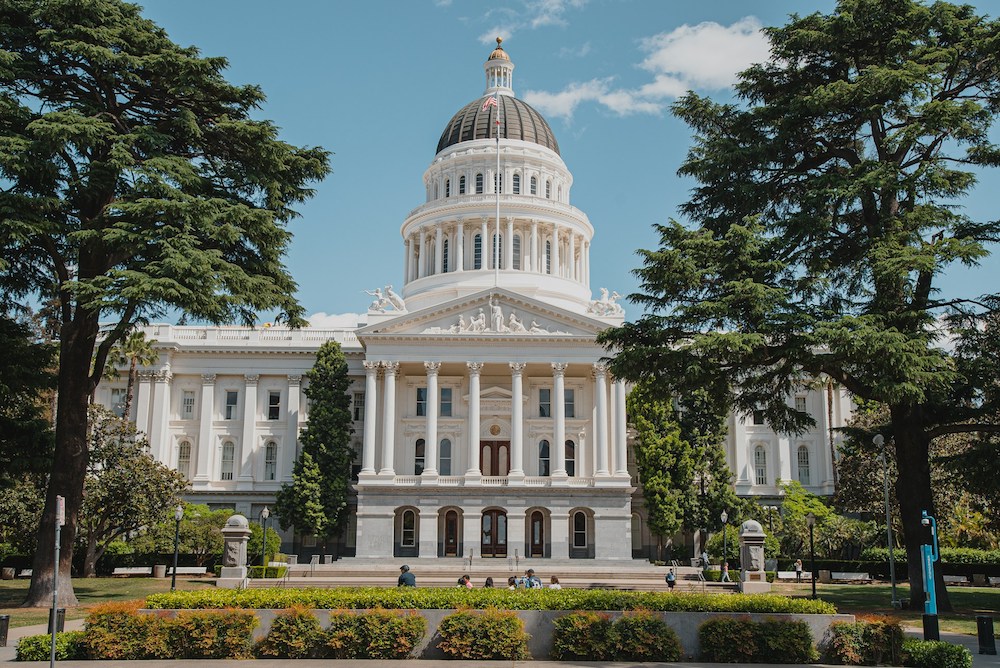
- Details
- By Chez Oxendine
- Gaming
A new bill targeting "dual-currency" online sweepstakes casinos has drawn broad support from tribal gaming interests and fierce opposition from industry groups.
Assembly Bill 831,originally introduced February 19 by Assemblymember Avelino Valencia, D-Anaheim, was amended June 23 to target sweepstakes casinos. The bill would bar any person or entity from “facilitating, processing or promoting” sweepstakes-style gambling in California in games that utilize virtual currency bought with cash. The bill would also bar payment processors, platform providers, geolocation services, media affiliates and celebrity endorsers.
The bill intends to address a “legal grey area” allowing gambling companies to operate without subjecting themselves to California’s legal framework, according to Valencia. That framework currently prohibits non-tribal gaming in the state.
“These operations undermine the voter-approved framework that affirms Tribal governments’ sovereign right to conduct gaming in California,” Valencia said in a statement. “AB 831 strengthens that framework and ensures gaming in California remains fair and accountable.”
The California Nations Indian Gaming Association (CNIGA) and the Yuhaaviatam of San Manuel Nation co-sponsored the measure, arguing the bill protects California’s existing gaming compacts with tribes. In addition, the bill would halt “unregulated” gaming that often lacks in consumer protections, such as background checks and tax compliance, according to Yuhaaviatam Chairwoman Lynn Valbeuna.
“For over 25 years, tribal governments like Yuhaaviatam of San Manuel Nation have upheld the will of California voters by operating gaming with integrity,” Valbuena said in a statement. “Illegal online gaming now threatens this foundation - compromising voter-approved law and putting Californians at risk.”
CNIGA Chairman James Siva said dual-currency online gambling impacts the economic benefits provided by state-regulated, tribally operated casinos.
“These illegal platforms erase the benefits of regulated gaming while exposing consumers to serious risks,” Siva said in a statement. “AB 831 protects the economic engine that generates nearly $25 billion for California communities and supports more than 112,000 jobs statewide.”
The measure joins a wave of similar measures in various stages of passage across the country, each targeting “dual-currency” games that offer gambling-like experiences. Similar bills have been proposed — and in some cases passed — in New York, Louisiana, Connecticut, Nevada, and Montana.
Sweepstakes casino trade associations argue that AB 831 is a “backroom ban” that was slipped into the legislative calendar with limited hearings and little economic analysis.The Social and Promotional Games Association (SPGA) warned the bill’s language could inadvertently criminalize everyday promotions — such as Reader’s Digest contests or fast-food loyalty sweepstakes — by using broad definitions of “facilitation” and “promotion.”
“This isn't how sound policy gets made,” an SPGA spokesperson said in a statement. “A last-minute effort to outlaw legal digital games, without public debate, expert input, or economic analysis, sends a chilling message to entrepreneurs, innovators and investors across the state.”
The Social Gaming Leadership Alliance — backed by sweepstakes operator VGW — also opposed the measure.
“AB 831 was written by those with clear vested interests,” former U.S. Rep. Jeff Duncan, SGLA’s executive director, said in a press release. “Before shutting down a burgeoning digital-gaming scene, legislators should demand a full hearing on the economic impacts and consumer protections at stake.”
AB 831 is scheduled for committee hearings through September. If it advances, the bill will head to the Assembly floor before moving to the Senate.
